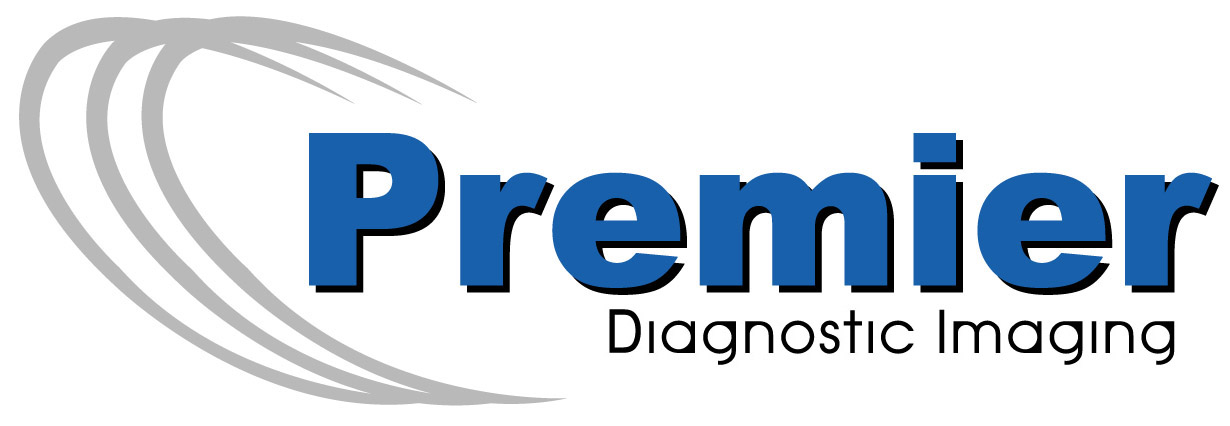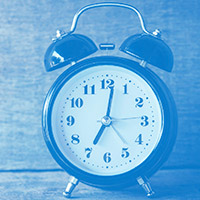
Did you skip your annual breast cancer screening mammogram during COVID-19? If so, you are not alone. According to an Emory University study, more than two million women across the nation didn’t get their mammograms during the pandemic.
Even now, women are still asking if they should still get a mammogram. Without a doubt, the answer is YES — because breast cancer screening saves lives! While a screening mammogram won’t prevent cancer, it is your best chance to catch breast cancer early.
“I highly recommend annual screening mammogram for all women of appropriate age, beginning at the age of 40 for most women. Screening mammogram is our best tool to detect breast cancer at an early stage when it is the most treatable.”
Dr. Seth Means, Board Certified Radiologist at Premier Diagnostic Imaging
At Premier Diagnostic Imaging, we want to assure you that getting a mammogram is safe, quick, painless, and easy to schedule. (And now, you can get your mammogram in comfort and privacy at our newly remodeled Center for Women.)
Read on to learn more about why you should schedule your mammogram now!
3 Reasons To Get Your Mammogram Now
If you’re like many women, you may wonder about mammogram age guidelines–when you should start having mammograms–or how often you need to get one. You might wonder if you can fit a mammogram into your busy lifestyle. Or you may wonder if it is safe to get mammograms with COVID-19 still among us.
We have answers for you. Learn how easy and painless it is to get a mammogram – and why you should do it even during a pandemic.
1. Mammograms Identify Breast Cancers Early
A mammogram is a cancer screening tool that uses imaging to detect areas of potentially abnormal breast tissue. When you have a mammogram each year, doctors can compare the images to identify small changes in your breast tissue from one year to the next. This helps them find suspected breast cancers early. Early diagnosis leads to early treatment, which can improve a woman’s chances of survival.
“From personal experience, I can tell you how important yearly mammogram screening is. At the age of 44, there was a small change on my mammogram from the previous year noticed by the radiologist. After further testing and a biopsy, it was confirmed to be breast cancer. But since, I had [a mammogram] every year since age 40 for comparison, my cancer was caught early (stage 1) and my survival rate is 95%”
– A Cookeville Patient
Mammogram Age Guidelines
Premier Diagnostic Imaging supports the recommendation of the American College of Radiology, the Society of Breast Imaging and the National Comprehensive Cancer Network that all women get an annual mammogram beginning at age 40.
However, many factors can impact your individual need for earlier or more frequent mammogram screenings. In particular, you should discuss mammograms with your doctor if you have a family history of breast cancer. Breast cancer screening schedules should be highly individualized to meet your personal health needs.
What About Breast Self-Exams?
Knowing how your healthy breasts look and feel is an important part of seeing changes that could indicate breast cancer. You should perform a breast self-exam every month, even after you begin mammogram screenings. Be sure to report any changes in the appearance or texture of your breasts to your doctor.
But don’t substitute breast self-exams for mammograms. Mammogram imaging can detect microscopic anomalies in breast tissue long before you can “feel a lump” with your fingertips. The combination of doing regular breast self-exams and receiving scheduled mammogram screenings gives you the best chance of finding breast cancer early.
Schedule Your Mammogram At Premier
2. Mammograms are Quick, Easy and Painless
It’s easy to fit a mammogram into your busy lifestyle. Just call to schedule an appointment to book a time that’s convenient for you.
When you arrive, you can check in by phone from the comfort of your own car to reduce the time spent in the reception area. Then you will go into the Premier Center for Women to switch into an exam gown in the privacy of our changing rooms. The mammogram itself normally takes about five minutes. Isn’t that a worthwhile time investment to potentially save your life?
After your procedure is complete, you can go on about your business. There’s no downtime or recovery period after this simple yet vital imaging exam.
Doesn’t a Mammogram Hurt?
If you’ve heard that mammograms are painful, we’re happy to tell you times have changed.
The mammogram procedure involves placing each breast between two compression paddles that squeeze the tissue slightly to obtain clear images. But our state-of-the-art scanning equipment uses curved paddles that improve your comfort during the procedure. And our 3D Genius Mammography device requires just four seconds of compression to get highly detailed images of your breast tissue.
Our 3D mammogram benefits you in other ways, too. This mammography machine is better at scanning dense breast tissue, and it reduces unnecessary (and anxiety-causing) callbacks by 40%.
3. Mammogram Safety
Like a CT scan, the mammogram procedure exposes your breast tissue to a tiny amount of radiation. But experts agree that the ability to detect breast cancer early through mammograms outweighs the small radiation exposure involved in the screening test.
Mammograms During COVID
[Updated Aug 2022] Many people are asking if mammograms safe now. At Premier, we are taking maximum precautions to safeguard the health of our patients and our staff members by:
- Maintaining cleaning logs in every department to ensure every surface in every room gets disinfected on a schedule
- Cleaning every room between each patient’s use
- Encouraging employees to wear a mask, at their discretion.
- Making masks available for anyone who wants one
- Providing pre-registration service over the phone – just call on arrival to reduce time in the waiting room
You can help keep yourself and others safe, too. To reduce your risk of getting or spreading COVID, wearing a mask or face-covering is encouraged. Wearing a mask can reduce infection rates by 80%. Also, the Tennessee Department of Health strongly recommends that “everyone who is offered a vaccine gets a vaccine, though we all have the right to choose.”
Scheduling Mammograms after COVID Vaccine
According to the CDC, “Most routine medical procedures or screenings can be performed before or after getting a COVID-19 vaccine.” This includes mammograms.
People who get a COVID-19 vaccine can sometimes experience swelling in their lymph nodes. The enlarged lymph nodes are usually just the body’s natural response to fighting off infection. However, such swelling could cause false readings on mammograms.
The Society of Breast Imaging recommends scheduling your screening mammogram before your first COVID-19 vaccine dose or at least four to six weeks after your second vaccine dose.
You Deserve Peace of Mind
While the actual risk of getting COVID-19 is uncertain, we do know this: One in eight women in the U.S. will develop breast cancer in their lifetime. Don’t let fear cause you to put off a mammogram screening that could detect cancer early.
In these unsettling times, you deserve the peace of mind that comes from maintaining your wellbeing. Getting a mammogram and other age-appropriate screenings allows you to rest easy, knowing at least you don’t need to worry about being behind on your regular health screenings.
Medically reviewed by Dr. Seth Means
Sources
New ACR and SBI Breast Cancer Screening Guidelines Call for Significant Changes to Screening Process
What are the NCCN guidelines on breast cancer screening
The Science Behind Masks – TN.gov
COVID-19 Vaccine FAQs -TN.gov
Get a COVID-19 Vaccine with Your Routine Medical Procedures and Screenings
SBI Screening Mammography Recommendations for Women Receiving the COVID-19 Vaccine (PDF)
Breast Cancer Screening Rates Declined During Pandemic
Changes in Cancer Screening in the US During the COVID-19 Pandemic.
Fedewa SA, Star J, Bandi P, et al.JAMA Netw Open. 2022;5(6):e2215490. doi:10.1001/jamanetworkopen.2022.15490

